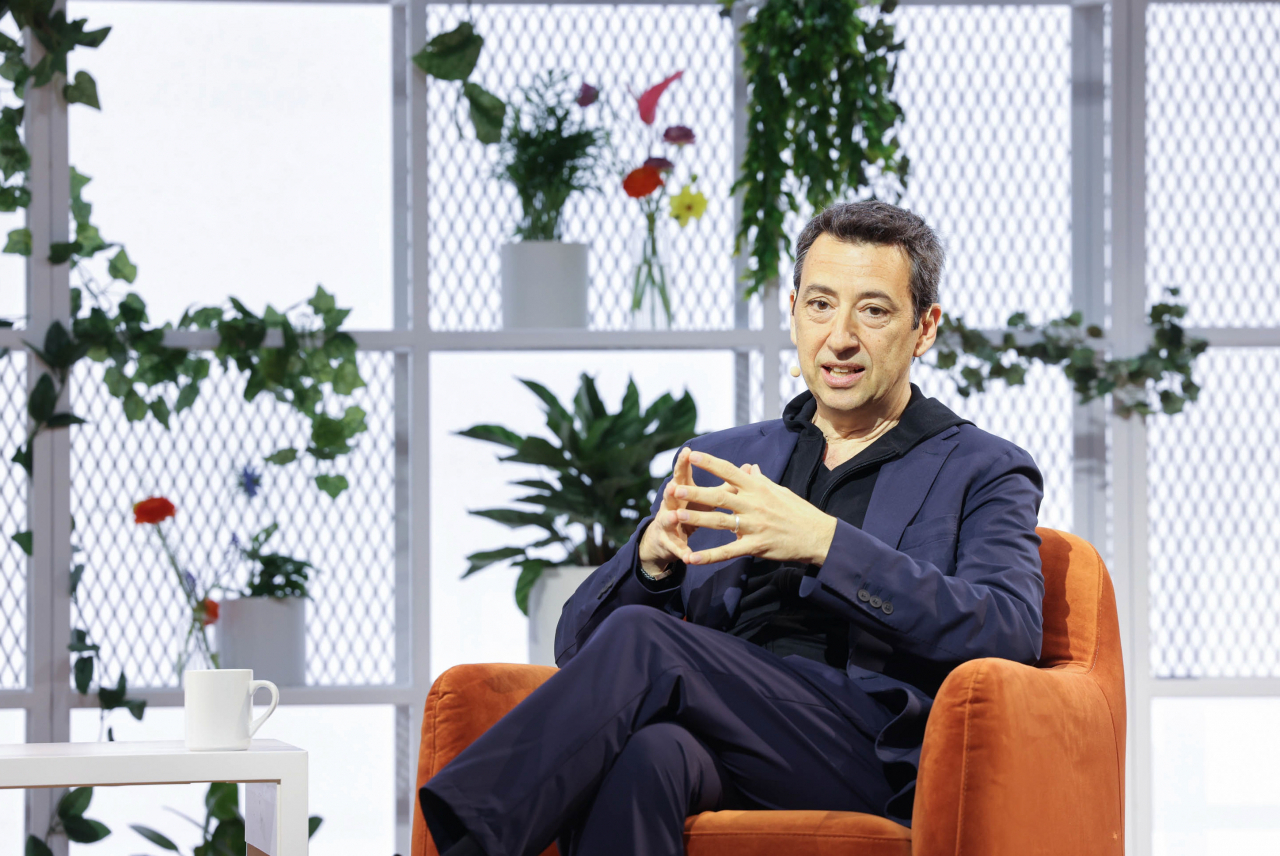Samsung adopts AI in product design, opens design lab in US, France
By Hwang Joo-youngPublished : June 19, 2023 - 15:04

Samsung Electronics has adopted artificial intelligence into its design process, utilizing advanced technology to empower designers to "fully unleash" their creativity, according to the company's chief designer.
"With the diffusion of new AI capabilities, new relationships need to be established between people and products. As a result, designers need to master totally new powerful tools," Federico Casalegno, the tech giant's executive vice president of design, said at a forum held by Wall Street Journal in May. Samsung Electronics USA revealed the interview last week.
“We apply sophisticated AI and machine learning technologies to empower designers to fully unleash their creativity,” Casalegno said.
Casalegno, who also heads the Samsung Design Innovation Center, said Samsung has established Computational Design Labs -- one in San Francisco in the United States and another in Paris in France -- with the aim to enhance the traditional design processes applying such advanced technologies as AI, machine learning and computation.
Casalegno elaborated that he regards the application of AI technologies as the next level of collaboration between designers and machines. At the same time, the designers will remain in "the driver's seat," he said.
With AI-equipped design, known as computational design, Casalegno explained that the firm expects to create digital twins of products or experiences to simulate and improve the actual products through testing real-world situations on digital prototypes.
According to the design executive, AI and intelligent computing can execute tasks that used to be regarded as inconceivable a few years ago, allowing designers to experiment and evaluate more variations at a faster rate. This will also lead to improved consumer experiences, he added.
Casalegno underlined that to him and his colleagues, design should be humanity-centered and experience-driven. His team prioritizes the social, cultural and spatial context of technologies to satisfy human needs, he said.
“Technology without humanity is perfection without purpose.”




















